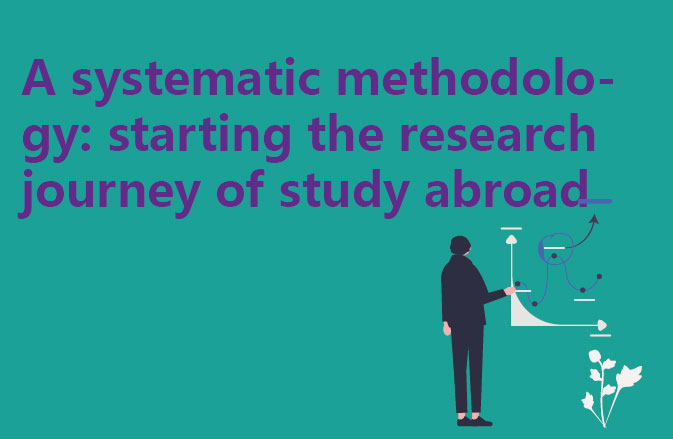Introduction.
The purpose of this paper is to discuss the profound impact and importance of research methodology on academic research. In response to the common challenges and misconceptions in the research process, we offer practical suggestions to help you build a scientific and reasonable research methodology system.
Main Part
Research Objectives: Defining the main purpose of the research and the desired outcomes
It is crucial to establish a clear research objective, which is the starting point and destination of your research. Clearly articulate the research question you want to address and the specific improvements or changes you expect to achieve through this project. This can determine which research methodology and research tools you subsequently apply.
Research methodology: choosing the right research path
There are several research methods available to address different research questions. Include the commonly used qualitative, quantitative and mixed research methods. Choosing the right method for your research needs will better reduce bias and increase the credibility of your conclusions. When choosing a research method, state the logical rationale behind it and clarify how it relates to your research question.
Research philosophy: laying a solid theoretical foundation
A good research concept is like a solid foundation that supports the entire research building. your research concept is more convincing if it is based on existing research theories or conceptual models. Explaining your research concept, its sources and theoretical framework will help deepen the reader’s understanding and acceptance of your research. At the same time, the research concept should fully reflect your own thinking and research direction.
Ethical considerations: ensuring that research behaviour is ethical
Ethical issues are undoubtedly a part of our research process that cannot be ignored. Especially when human subjects are involved, it is important to ensure that the entire research process complies with relevant ethical standards and laws. If personal information is involved, the consent of the ethical review committee must be obtained, and the privacy and subjective feelings of the people involved must be reasonably protected.
Limitations of research: Facing up to unfavourable conditions in the research process
Any research is subject to various limitations. Inadequate sample size, inability to effectively collect and process diverse and complex data, or other issues related to social environment, motivation to learn, etc. may be encountered. Incorporating these constraints into the research assessment and adapting the research design and implementation strategy to the actual context and resources available can eliminate many of the uncertainties that may arise.
Data collection: Ensuring the authenticity and reliability of research data
The quality of the data collected is directly related to the reliability and accuracy of the study results. This stage focuses on the specific ways and means of data collection, including the sample selection process, which forms of data collection tools to use, and in what way to collect data. Only by ensuring that the data collected meets the research requirements and standards can a solid foundation be laid for the next step of data analysis.
Data analysis: revealing the meaning of the research data
Data analysis is a crucial part of determining the value of the study. Describe in detail what methods you will use for data analysis, such as statistical analysis, quality analysis, content statement, etc., so that people can easily understand your thoughts on data analysis, which in turn enhances the audience’s sense of conviction. Also focus on the analysis process and whether you consider the metaphor behind the data and its possible impact on the findings of the study.
This paper provides a rigorous introduction to ‘methodology’ in its broadest sense in five main areas – research objectives, research methods, research philosophy, ethical considerations and research limitations. I hope that my presentation will help you develop a scientifically rigorous framework for thinking about research and fill in any gaps that may exist in the research process, thus moving you towards academic excellence. Remember, do not neglect the use of “integrated methods”, do not fall into the trap of “blindly following a particular method”, and do not overly rely on the effectiveness of advanced tools. Remember that methodology is always just a guide and a supportive tool for academic exploration, and by maintaining a balance between creativity and applicability, your research path will be smoother and smoother!




